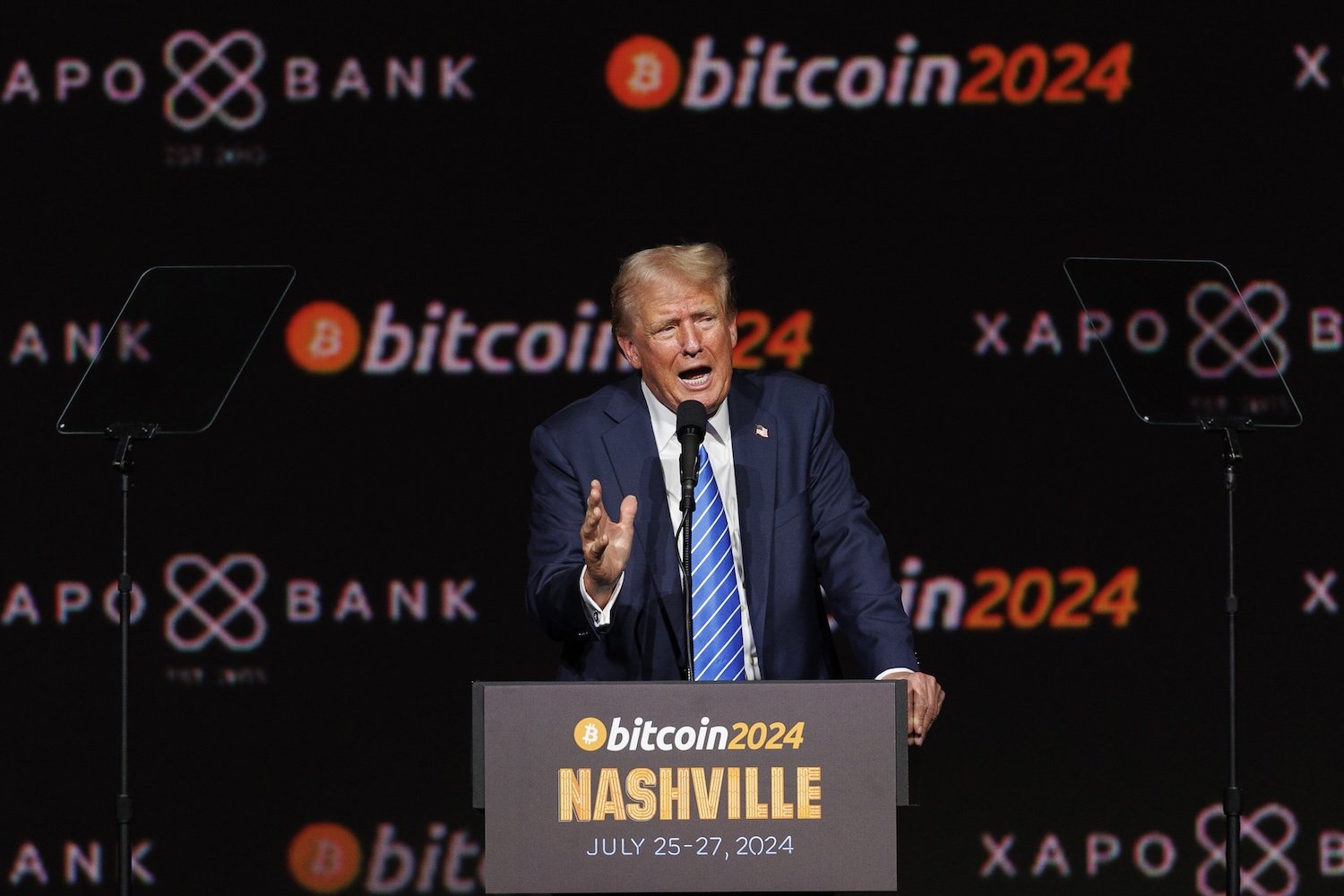UPDATE: New reports reveal that members of the Trump administration are poised to benefit significantly from recent pro-cryptocurrency legislation passed during Congress’s “Crypto Week.” As lawmakers create a favorable environment for digital currencies, the administration’s ties to cryptocurrency raise urgent questions about potential conflicts of interest.
The GENIUS Act, which was just passed, aims to establish loose regulations that favor the cryptocurrency industry. This legislation comes at a crucial time for Trump and his inner circle, many of whom hold substantial stakes in the crypto market. According to the Washington Post, one in five nominees for positions within the Trump administration has either invested in cryptocurrency or holds digital assets.
Donald Trump himself is reported to have a stake in cryptocurrency worth at least $51 million, primarily through his involvement in the $TRUMP memecoin and his children’s crypto project, World Liberty Financial, which recently launched a stablecoin. This timing is striking, as it coincides with the passing of the GENIUS Act, which directly legitimizes such assets.
Key figures in Trump’s cabinet are also deeply invested. JD Vance, Trump’s running mate, disclosed holdings of between $250,001 and $500,000 in Bitcoin, while Scott Bessent, the Treasury Secretary, had previously held at least $500,000 in digital assets before divesting. Notably, Robert F. Kennedy Jr., Secretary of Health and Human Services, reported holdings between $1 million and $5 million.
The influence of crypto enthusiasts extends beyond the top officials. The administration includes over a dozen officials who oversee financial regulations and also possess crypto holdings. For instance, Bill Pulte, Director of the Federal Housing Finance Agency, holds between $1 million and $2 million in digital currencies, while Scott Kupor, tapped to lead the Office of Personnel Management, has nearly $10 million in crypto assets.
This growing prevalence of cryptocurrency among high-ranking officials raises pressing questions about governance and oversight. The administration is reportedly exploring innovative uses for blockchain, such as tying mortgages to crypto assets and utilizing it for housing grants. Just yesterday, Trump announced plans to allow retirement fund managers to invest in digital assets.
As the trend of mainstreaming cryptocurrency accelerates, the implications for regulatory policies and market dynamics are profound. Public interest in this evolving landscape is palpable, and with Trump’s administration at the helm, the future of cryptocurrency regulation is likely to tilt favorably for those already invested.
In this rapidly changing environment, the focus will remain on how these developments will impact the financial landscape, particularly as more legislation unfolds. The close ties between Trump’s administration and the cryptocurrency market are set to shape the future of digital assets in the United States.
Stay tuned for more updates as this story develops.








































































